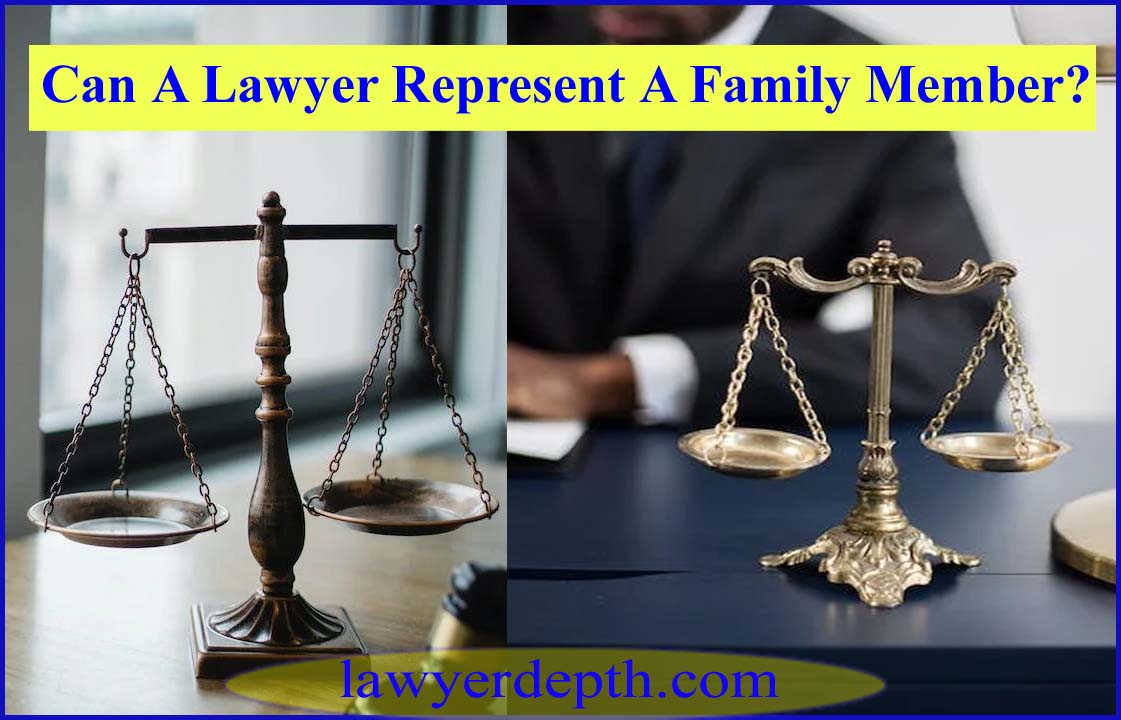When Your Attorney Sells You Out

When your attorney sells you out, it means that they are no longer representing your best interests. It can happen due to a number of reasons such as if the lawyer has conflicting interests or if the lawyer is seeking more compensation than what was agreed upon. In some cases, lawyers may also sell their clients out by providing false information or making decisions without informing them first.
If this happens, the client’s rights and legal protection could be compromised. The best way to avoid being sold out by an attorney is to do research beforehand and make sure that you have a good understanding of any contractual agreements with your lawyer before signing anything. Additionally, staying in contact with your attorney throughout the process can help ensure that all parties involved are aware of any changes or developments as they occur so that everyone remains on the same page.
When it comes to trusting your attorney, you should know that they have a fiduciary responsibility to act in your best interests. However, if you find yourself in a situation where your attorney is selling you out, it can be an incredibly disheartening experience. You may feel betrayed and taken advantage of, but the most important thing is that you must take action immediately to protect yourself legally and financially.
Speak with another lawyer or trusted advisor as soon as possible to make sure all of your rights are being respected throughout the process.
My Attorney Colluded With the Other Side
It is important to note that it is illegal for an attorney to collude with the other side in a legal matter. This means that any agreement or arrangement between your lawyer and the opposing party, without your knowledge or consent, could be considered unethical and against the law. If you suspect that your attorney has acted unethically or illegally by colluding with the other side, you should seek out another legal representative as soon as possible.
Signs Your Lawyer Likes You
There are several signs that your lawyer likes you. If they take the time to explain details of your case and answer any questions you may have, it is a sign that they appreciate your business and want to do the best job possible for you. Additionally, if they make an effort to keep in contact with you on a regular basis via phone calls or emails, it shows that they care about what happens with your case and value your input.
Finally, if they are willing to negotiate fees as needed or offer discounts when appropriate without compromising their services, this is another indication of their appreciation for working with you.
My Lawyer is Working against Me
When you hire a lawyer, it is important to remember that the lawyer works for you and should be advocating on your behalf. However, in some cases, lawyers may work against their client’s best interests. This could occur if the lawyer has conflicting interests or if they are unaware of changes in law that would benefit their clients.
It is also possible for lawyers to act unethically by providing inaccurate advice or misleading information. If you feel like your lawyer is not working in your best interest, it is important to speak up and take action as soon as possible.
When is It Too Late to Fire Your Attorney
It is never too late to fire your attorney. If you are unhappy with the services they provide, or if there is a breakdown in communication between you and your lawyer, then it may be beneficial for both parties to end the relationship. However, this should always be done after careful consideration of any potential effects that could result from changing attorneys so close to the resolution of your case.
I Paid My Lawyer And He Did Nothing
No matter how much time and money you invest into a lawyer, it’s important to remember that they’re only human. Even if your lawyer is putting in their best effort on your case, there are still certain things that may be outside of their control. If you believe that your lawyer has not fulfilled their promises or did not do enough for you, then it is important to take the necessary steps to address this issue as soon as possible.
What Does It Mean When a Lawyer Sells You Out?
When a lawyer sells you out, it means that he or she has decided to put their own interests ahead of yours. This could be in the form of them taking on more lucrative cases and/or clients, while neglecting your case; or they may even have colluded with opposing counsel in order to secure a better outcome for themselves. In either case, this is considered unethical behavior and can lead to serious consequences for the lawyer involved if caught.
It is important to trust your lawyer and make sure that they are working in your best interests at all times. If you feel like your attorney has sold you out, then it’s important to take immediate action by seeking professional legal advice from another qualified professional.
Why Do Lawyers Drag Out Cases?
When it comes to why lawyers drag out cases, there are several potential answers. In many circumstances, attorneys may need additional time for research, gathering evidence and filing motions in order to properly represent their clients. Additionally, the opposing party’s legal team may be prolonging things due to a strategy of stalling or trying to wear down the other side’s resources and resolve.
Finally, delays can be caused by an overwhelmed court system with too many cases on its docket. Whatever the reason might be for a case dragging out longer than expected, it is important that all parties work together as best they can in order to ensure justice is served in an effective manner.
Can a Lawyer Turn down a Client?
Yes, a lawyer can turn down a client. Lawyers have the right to refuse representation for any reason, as long as it does not violate their professional or ethical obligations. Reasons for declining clients vary and may include lack of experience in the subject matter, conflict of interest with another client, time constraints or personal beliefs that clash with those of the potential client.
Additionally, lawyers are required to be honest and realistic about their ability to provide competent legal services prior to accepting a case. If they do not feel they can competently represent a prospective client’s interests due to any number of circumstances then it is within their rights to decline taking on the case.
How Do You Know If a Lawyer is Good Or Not?
A good lawyer is not just knowledgeable about the law and experienced in court, but also has a reputation for integrity and commitment to their clients. It’s important to do your research when looking for an attorney — ask around to see if friends or family have any recommendations, read reviews online, and make sure they are properly licensed and certified in the area of law you need assistance with. Additionally, it’s wise to speak directly with potential lawyers — ask them questions that get at the heart of their experience level, communication style, approachability when dealing with legal matters and any other information that will help you decide whether they are a good fit for your needs.
Conclusion
This blog post has provided a valuable insight into the dangers of trusting an attorney to always do what is in your best interests. As demonstrated, attorneys are often motivated by their own agenda and can sell out their clients if they deem it necessary. Therefore, it is important for individuals to be aware of this possibility when selecting an attorney and work on creating a strong relationship built on trust and understanding with their lawyer.
Ultimately, having all the facts at hand will help ensure that you don’t end up being sold out by one of the most powerful people in your case – your attorney.



